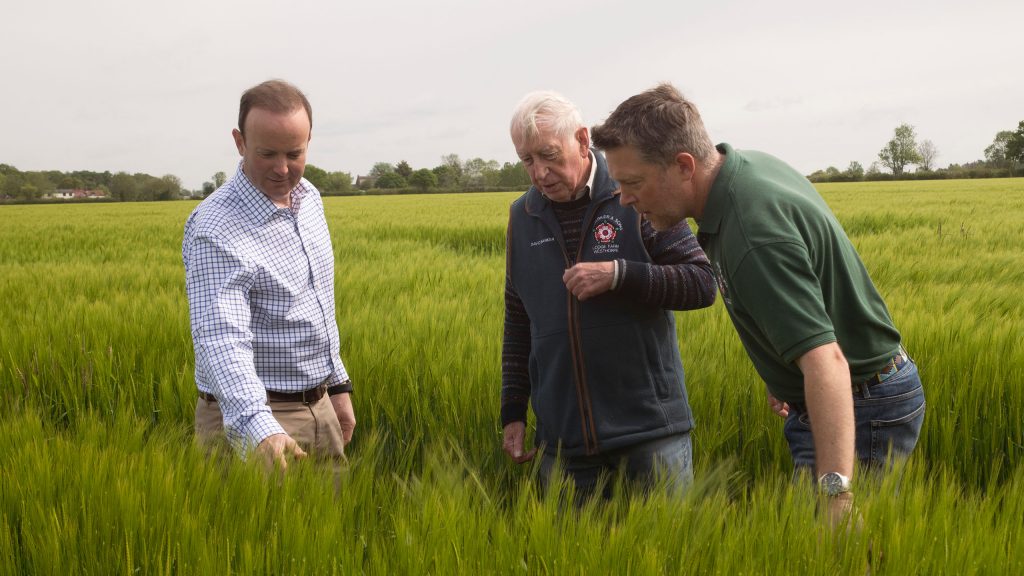We need to drive up educational standards in Waveney Valley and look at educational funding formulas that ensure access to quality education across county boundaries.
In 2023, the number of pupils in Norfolk and Suffolk achieving Grade 5 and above at GCSE in English Language, English Literature, and Mathematics lagged regional and national averages. As an example, in English Language GCSEs, 43.4% of pupils in Norfolk achieved Grade 5 or above, compared with 44.1% in Bedfordshire, 46.9% in Suffolk, 48.2% in Essex, 50.2% in Cambridgeshire and 58.8% in Hertfordshire. The national average for England stood at 48%. To begin to address this, we need to revisit outdated funding formulas, based on historic deprivation indices, that disadvantage our area.
As an example of funding disparity, if Suffolk received the same level of High Needs Block (HNB) funding per pupil as Norfolk, there would be an extra £9.4million per annum going into education in the county. This leads to the bizarre situation where education in Ditchingham is better funded than it is a mile away, across the River Waveney, in Bungay! Moreover, Norfolk itself isn’t favorably funded.
We must step up the campaign at Westminster to see funding formulas reformed so that we can secure a better deal for our children.
Since academisation, the direct levers that can be pulled locally have been reduced but local schools need to be held to account and investment made in new schools and campaigns to raise attainment levels. Having met with local teachers, many of whom have taught elsewhere previously, I have been struck by how many feel our young people in rural communities need help raising their level of aspiration and that we require more skilled job opportunities in the county. We need to work hard to increase this sense of aspiration, ensure job opportunities exist in the county and, where investment comes – like in the energy sector – ensure it has legacy benefit. In addition, we need to look closely at the pockets of deprivation in the county and work with low-income families to improve literacy skills before children reach school age. Disadvantaged students start school around 8 months behind their peers and by GCSE have fallen behind by around 18 months. To address this, early intervention is key.






